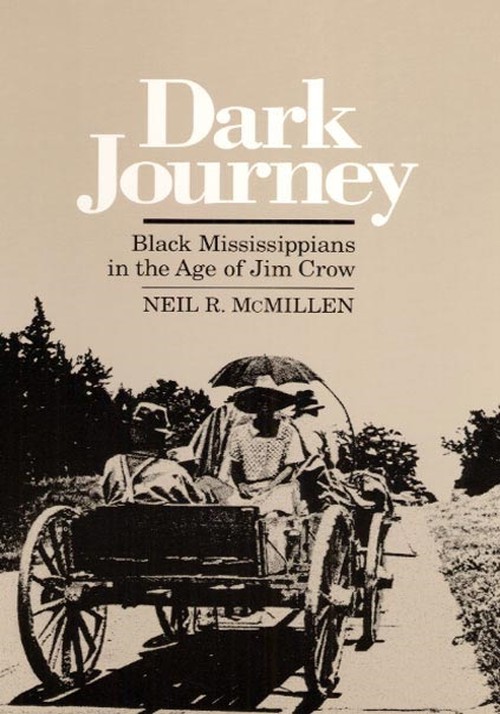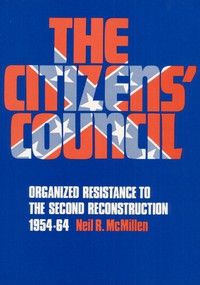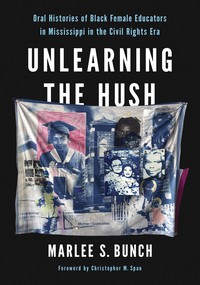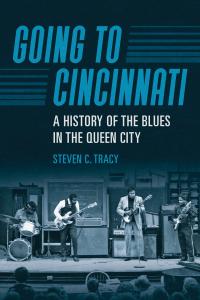
Dark Journey
Black Mississippians in the Age of Jim Crow
The Bancroft Prize-winning account of race relations and Black struggle
Paper – $33
978-0-252-06156-1
Publication Date
Paperback: 01/01/1990
About the Book
Winner of the Bancroft Prize, Dark Journey examines white dominion and Black striving in Mississippi during the crucial years of segregation and disenfranchisement. Neil McMillen portrays the continuing Black struggle for autonomy and full citizenship as a journey in three stages. It begins in the aftermath of Reconstruction’s failure. It proceeds through a period of expedient, opportunistic accommodation and separate development. In the end, it terminates in a second age of civil rights. Although McMillen details white rule, he emphasizes the Black experience and Black resistance. Throughout, he examines Black economic, educational, and political aspirations, Black encounters with the too-similar courts of Jim Crow and Judge Lynch, and evolving Black patterns of accommodation and protest.Reviews
"Remarkable for its relentless truth-telling, and the depth and thoroughness of its investigation, for the freshness of its sources, and for the shock power of its findings. Even a reader who is not unfamiliar with the sources and literature of the subject can be jolted by its impact."--C. Vann Woodward, New York Review of Books"Dark Journey is a superb piece of scholarship, a book that all students of southern and African American history will find valuable and informative."--David J. Garrow, Georgia Historical Quarterly









